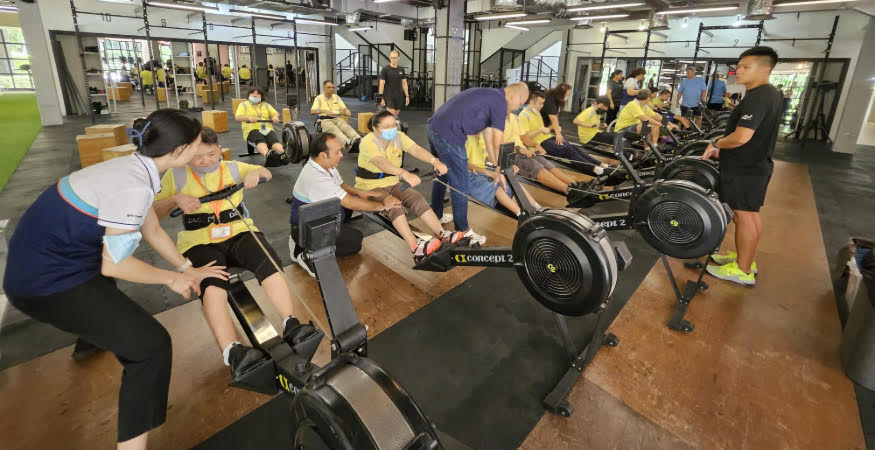Problem Statement
Each year, there is a long waitlist of special education (SPED) school graduates hoping to join Day Activity Centres (DACs), and with few persons with disabilities discharged, the DACs face capacity issues.
Solution
DAC Without Walls hopes to integrate adults with mild to moderate disabilities into accessible community settings. This weekly 5-day programme comprises customised activities for clients, run by trained volunteers and activity partners, conducted at suitable community venues. These activities aim to equip clients with community living skills and maintain their current abilities through excursions, sports, arts etc.
Outcomes
The project aims to support persons with disabilities by:
• Improving their quality of life by enhancing their community living skills, increasing their interaction with the community through recreational activities, sports, arts and culture, and supporting them to participate in activities of their choice;
• Creating an alternative post-18 model for individuals with mild to moderate disabilities that is less reliant on a fixed physical facility. Additionally, as this programme caters to smaller groups of persons of disabilities, activities can be better curated to suit the interests of participants.
• Building an inclusive community by encouraging interactions between members of the public and individuals with mild to moderate disabilities.
-
Grantee
SPD -
Beneficiaries
Persons with Disabilities
more about grantee
Established in 1964, SPD is a charity that promotes the interest, welfare, and advancement of people with disabilities to help develop their potential to the fullest. Through more than 20 programmes and services that encompass therapy, vocational skills training, employment support, assistive technology, early intervention, day care, educational and social service support, they serve more than 10,000 people with congenital or acquired physical, sensory, and learning disabilities today. Their support is also extended to family members and caregivers to ensure a better network of care for people with disabilities.

